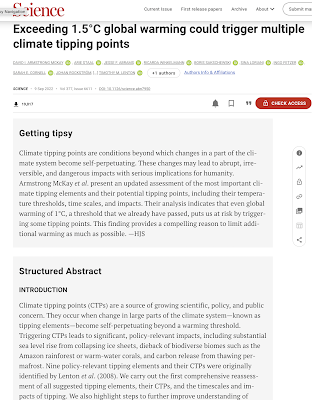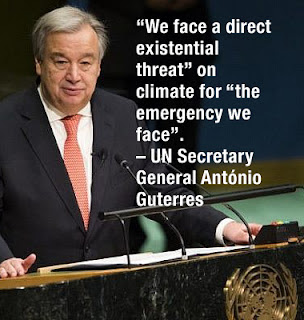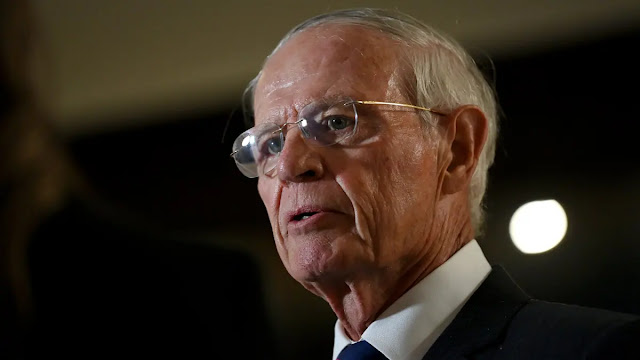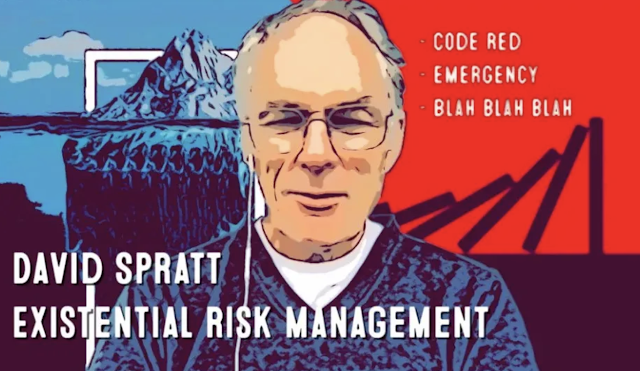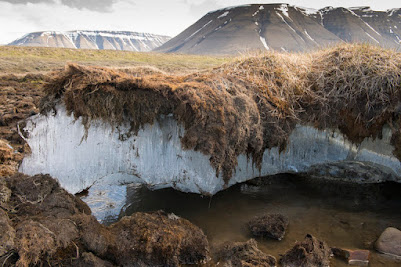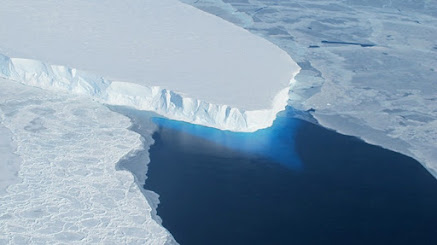Shane White from www.worldenergydata.org has put together three very useful charts breaking down coal, oil and gas extraction by nation.
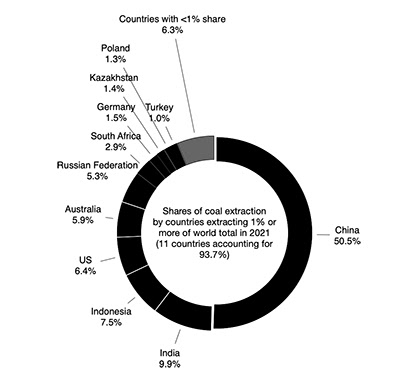 |
| COAL |
And the bottom line? The charts show that in 2021, just over half of all fossil fuels was extracted by just seven countries:
- China
- USA
- Saudi Arabia
- Russia
- Canada
- Iraq, and
- Iran.
At a glance:
- Coal: China alone accounted for just over half of total world coal production in 2021, and 11 countries produced 1% or more accounting for 93.7%.
- Oil: Five countries accounted for just over half (US, Saudi Arabia, Russia, Canada and Iraq). 19 countries produced 1% or more accounting for 87.8% of 2021 world total oil production.
- Gas: Four countries produced just over half (US, Russia, Iran and China). 18 countries produced 1% or more accounting for 84.4% of 2021 world total gas production.


